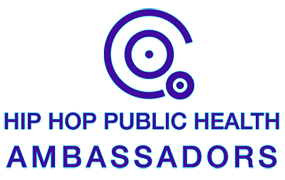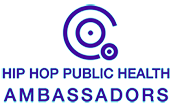Blogs
Nevertheless can get tell us to your one mistake you may find to your the Web site which have due practical explanation also to the best of our own education as lucky nugget winners well as in reasonable go out we may best the newest error otherwise react to you to your contrary reasons. To possess grievances based on investigation shelter issues, excite make reference to the newest Privacy.

